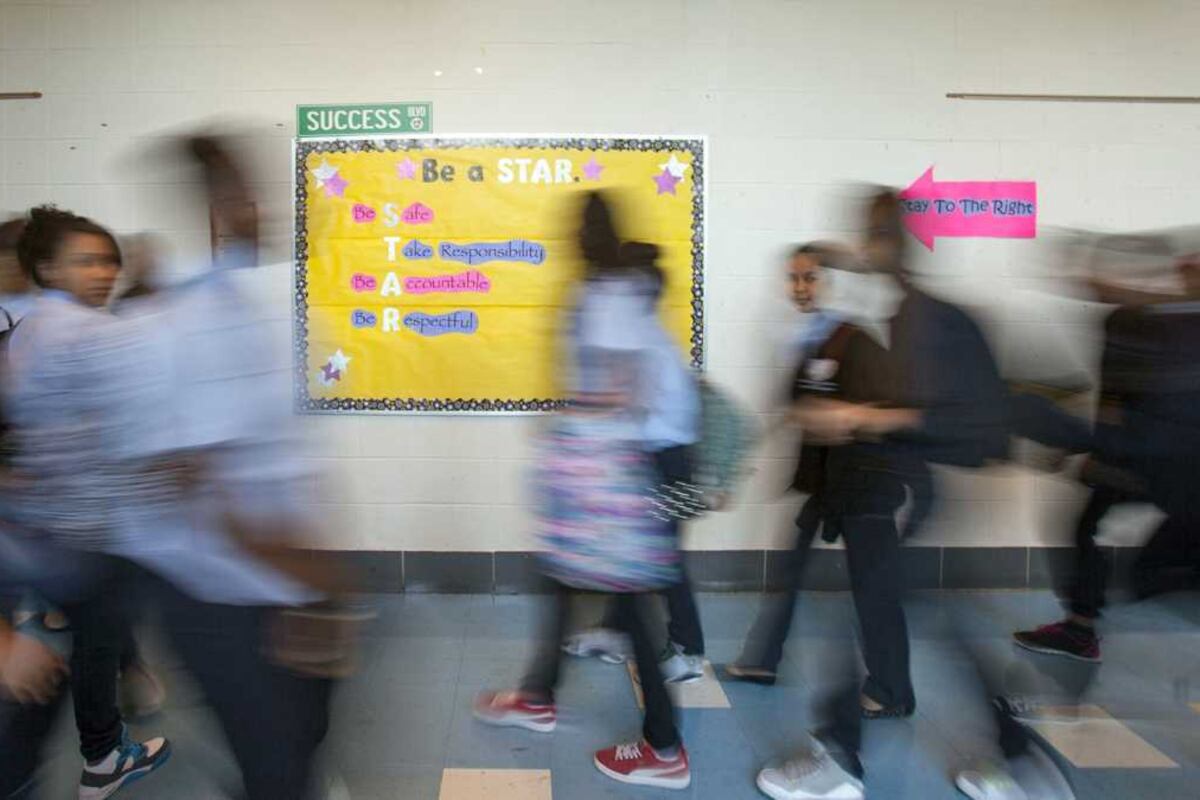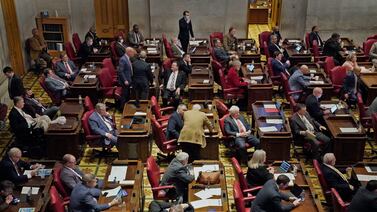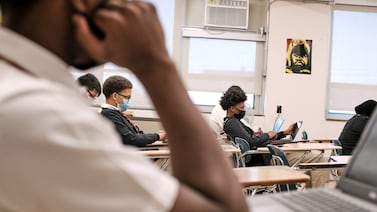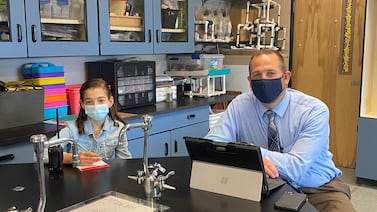The Philadelphia school district is restarting a Facilities Planning Process that will determine its future building needs — including if schools should close or new ones will be built — and funnel repair and modernization funds to where they are needed most. This new initiative replaces the Comprehensive School Planning Review that began in 2019 but was halted in March 2020 because of the pandemic.
Philadelphia’s school buildings have an average age of 70 years and a few date back to the 19th century. For the past several years, the district’s buildings have been plagued with health hazards including loose asbestos and lead in the drinking water. Since 2019, several schools have closed temporarily and students have been relocated due to emergency repair work. Also in 2019, a veteran teacher was diagnosed with mesothelioma, an asbestos-related disease. At the beginning of this school year, teachers protested and refused to enter the Masterman building due to concerns that it wasn’t safe.
In a letter sent to parents and posted on the district website, Superintendent William Hite said the district must “thoughtfully and proactively plan not only for new school learning environments but for what must be done with our existing school buildings so students have access to educational spaces that spark creativity, support academic programs, and meet their 21st-century learning needs.”
The district will look at its building inventory, projected population patterns, and grade-by-grade enrollment estimates so it can “prioritize investments,” Hite’s letter said.
The district began developing a Facilities Master Plan in 2010 that helped lead to the permanent closure of six schools in 2012 and 24 in 2013, an upheaval that sparked citywide protests. It is promising extensive community engagement this time.
“Facilities planning is a process we are committed to doing in partnership with our families and school communities,” said Reggie McNeil, the district’s chief operating officer, in a statement. Several “community conversations” will be held between May 10 and May 25, and people can register now to take part.
The district is eligible for $1.114 billion in pandemic aid, known as Elementary and Secondary School Emergency Relief or ESSER, that must be spent by September, 2024. It will use $325 million of that amount over the next four years for facilities improvements as part of a six-year, $2 billion investment.
The more controversial part of any comprehensive planning effort is the possibility that schools might close. The district continues to lose enrollment. It declined by 2.6% this year, according to Chief Financial Officer Uri Monson. And 68 of its 216 schools have 350 students or fewer.
The enrollment loss is due to population shifts and more students attending charters, including cyber schools. Monson said that cyber charter enrollment grew during the pandemic and he expected a decline for this year when schools reopened in person. But cyber enrollment actually went up, he said.
Officials said they would release the 10-year enrollment forecast in September and conduct community conversations and report on their results throughout the school year. Final recommendations on facilities needs and investments will be presented to the Board of Education in spring 2023.
Dale Mezzacappa is a senior writer for Chalkbeat Philadelphia, where she covers K-12 schools and early childhood education in the city. She is a former president of the Education Writers Association. Contact Dale at dmezzacappa@chalkbeat.org.








